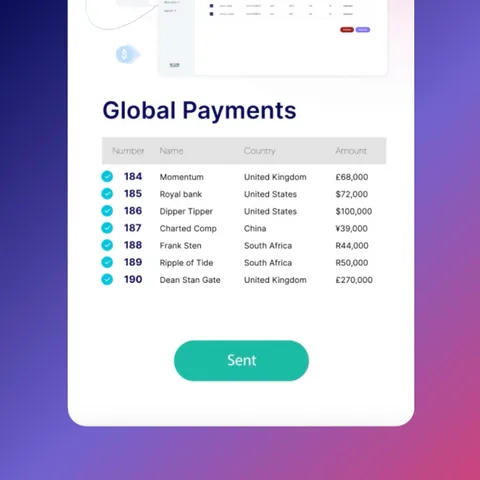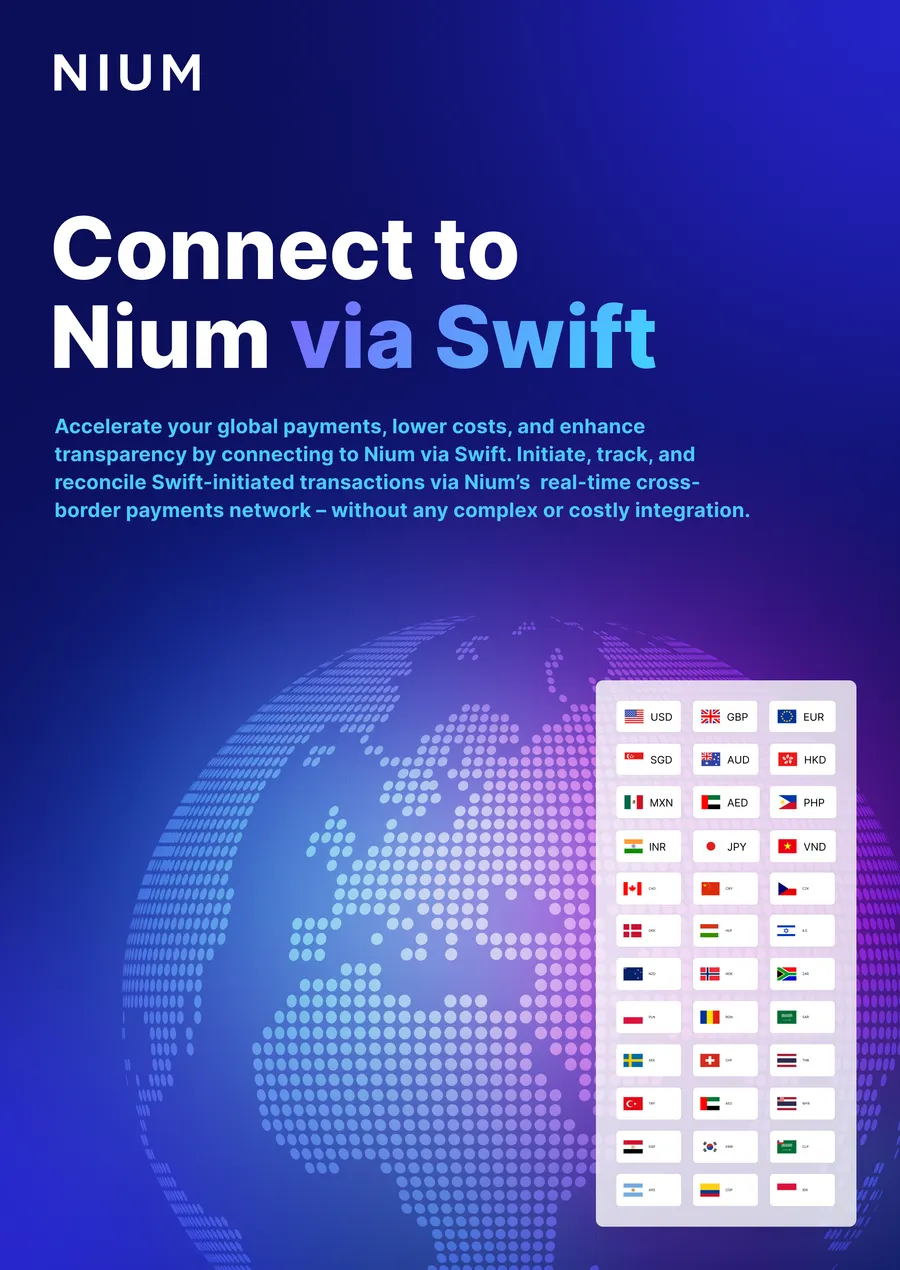By Shiva Shankar, Product Manager, Nium Checkout
Domestic payment processing is well established in India, with various players solving specific niche needs. These players range from acquirers, payment gateway aggregators, and payment orchestration providers, among others, who assist merchants in processing their sales.
However, international merchants continue to face several constraints in expanding to India. With Nium’s focus on cross-border on-demand money movement, we launched the ability to seamlessly collect money in India and settle the INR collected to any currency outside India. Nium has received special approval from the central bank to enable the flow. However, through multiple conversations with merchants interested in using this service, we have realized that there are still several constraints that global businesses still face when launching in the Indian market:
- GST registration. Although merchants using the collections model don’t require a local entity to work with us, they still need to register their global entity with Indian tax authorities in order to file Goods and Services Tax (GST) for the goods sold in India.
- Tax calculation. Based on the type of goods that is being sold, merchants must stay updated on the applicable tax slab. They need to identify the customer’s location and determine whether they should pay an integrated GST or a combination of State and Central GSTs for each sale.
- Invoicing. Merchants must provide compliant invoices for each purchase, clearly stating the state of supply, tax breakdown, and GST registration of the merchant.
- Customer support. Consumer protection laws also state that any merchant selling goods and services in India should appoint a local grievance redressal officer located in India to address user complaints.
We have realized that while the collections product supports businesses willing to take on these extra overheads, many businesses find these overheads to prevent them from launching in India. From a global perspective, digital merchants do not want to establish an operational presence in each market where they want to sell their goods.
We decided to build the reseller product with an initial focus on India, enabling our merchants to enter one of the largest and most challenging markets without the burden of setting up a local entity, bank account, GST registration, or remittance partner, among other things. Our product captures these seamlessly without exposing any of this complexity to our clients. This is enabled through our unique model and by combining our local expertise. Leveraging our local presence, we process transactions as an Indian entity, handling taxation and invoicing, and providing users with a wide range of local payment methods.
Our merchants can now launch their digital business in India with zero overheads. They can offer local payment methods, including Netbanking, UPI, eWallets, along with local acquiring on debit and credit cards. While doing this, Nium settles the funds in the merchant’s desired currency and provides a single consolidated report for all transactions processed via Nium across multiple currencies. We have brought in our local expertise to build a mobile-first design for the checkout, which optimizes conversion rates across all platforms.
We are excited to see how our merchants use this capability to launch different products and grow their business in India. To learn more about our efforts at Nium Checkout, contact us by scheduling a meeting here.



.png@webp)



.png@webp)
.png@webp)



